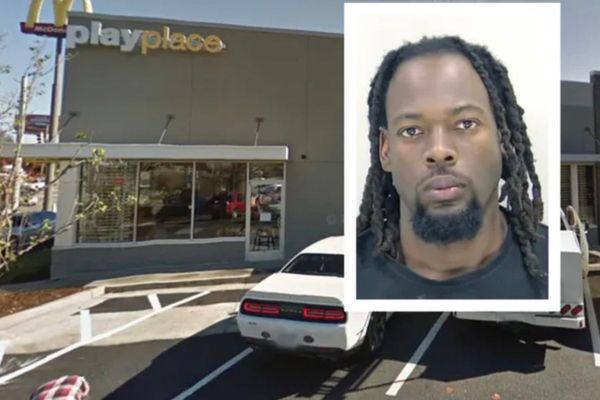
If there’s one thing you can count on police to do, it’s find increasingly disturbing ways to violate people’s rights. Anytime you think you’ve heard the sketchiest police story, another department rushes in to top it. Today, San Francisco is taking the gold. Why? Turns out San Francisco police compiled a database of sexual assault survivors’ DNA — and they’re using it to identity potential suspects.
San Francisco District Attorney Chesa Boudin revealed the practice in a statement Monday, after a woman’s DNA sample that was collected for a rape kit years ago was used to link her to a recent property crime in the city. Boudin said his office only learned of the police practice last week and condemned it as “treat[ing] victims like evidence, not human beings.”
“Rapes and sexual assault are violent, dehumanizing, and traumatic. I am disturbed that victims who have the courage to undergo an invasive examination to help identify their perpetrators are being treated like criminals rather than supported as crime victims,” Boudin continued. “We should encourage survivors to come forward — not collect evidence to use against them in the future.”
In addition to the obvious grossness of the whole thing, using DNA gathered as part of sexual assault examinations may violate California’s Victim Bill of Rights, Boudin said, while calling for legislation at both a local and state level to end the practice. On Tuesday, officials announced that Boudin’s office had dismissed the charge against the woman who was identified by her rape kit DNA, calling the case “fruit of a poisonous tree.”
When people go to the police to report a sexual assault, they’re asked to participate in sexual assault testing. Sometimes known as a Sexual Assault Response Team (SART), the exam includes the collection of physical evidence, like an oral swab, and potentially a pelvic exam. The evidence is then compiled in what’s commonly referred to as a rape kit. The process can be traumatizing for survivors; in 2018, a Canadian study found that less than two-thirds of women who were eligible completed the test, and less than a third of women allowed police to access the results.
Those numbers don’t look much better for the United States. But what is perhaps of most concern is that the U.S. has a backlog of potentially hundreds of thousands of untested rape kits. In other words: Police aren’t even processing the DNA they’re gathering for its intended purpose. And with the revelations in San Francisco, it seems that of the few that do get processed, some may be used to further criminalize already vulnerable people.
The reports coming from Boudin’s office are concerning, but unfortunately, not all that surprising. KellyLou Densmore, director of San Francisco’s Office of Sexual Harassment and Assault Response and Prevention, said in a statement, “Our legal system is not designed to support survivors of sexual violence and this is another example of that truth.”
NPR reported that San Francisco Police Chief William Scott was told that the department’s DNA collection policies were all vetted and legal. Scott has ordered a review, telling NPR, “We must never create disincentives for crime victims to cooperate with police.” However, The Guardian also reported that Scott said the woman could’ve been identified by DNA in a different database.
Pamela Tate, co-executive Director of Black Women Revolt Against Domestic Violence, said, “Rape survivors do not give law enforcement a blanket waiver of their rights to not self-incriminate. This type of misrepresentation will have a chilling effect to Black women and women of color in reporting crimes of sexual assault.”







